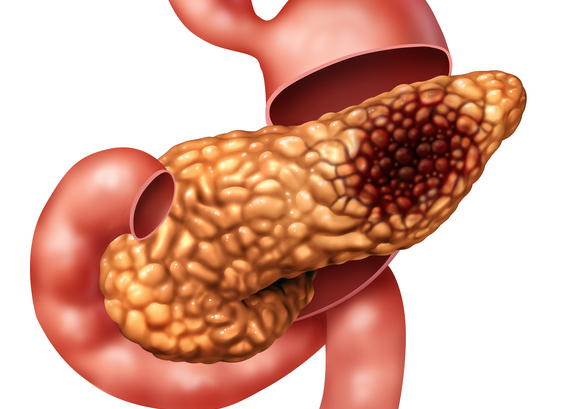
Researchers at Mass General Cancer Center report that statins, commonly used to lower cholesterol, may inhibit chronic inflammation pathways that can contribute to the development of cancer.
“Chronic inflammation is a major cause of cancer worldwide,” said senior author Shawn Demehri, MD, PhD, a principal investigator at the Center for Cancer Immunology and Cutaneous Biology Research Center of Massachusetts General Hospital. “We investigated the mechanism by which environmental toxins drive the initiation of cancer-prone chronic inflammation in the skin and pancreas. Furthermore, we examined safe and effective therapies to block this pathway in order to suppress chronic inflammation and its cancer aftermath.”
For their research, published today in Nature Communications, Demehri and team employed cells lines, animal models, human tissue samples, and epidemiological data to demonstrated that environmental toxins activate the connected TLR3/4 and TBK1-IRF3 signaling pathways. These exposures, from things such as exposure to allergens or chemical irritants, activates the production of IL-33 which can stimulate inflammation of the skin and pancreas that can contribute to cancer development.
By conducting a screening in FDA-approved drugs the Mass General team found that a particular statin called pitavastatin blocks the TBK1-IRF3 signaling pathway, which in turn suppressed IL-33 expression. The researchers then showed that using pitavastatin in mouse models suppressed environmentally-induced inflammation of the skin and pancreas, which prevented the development of pancreatic cancers related to this inflammation.
In human pancreas tissue samples from patients with chronic pancreatitis and pancreatic cancer, IL-33 was overexpressed compared with normal tissue from the pancreas. In addition, an analysis of electronic health records of more than 200 million people in North America and Europe showed that the use of pitavastatin was linked with a significantly lower risk of chronic pancreatitis and pancreatic cancer.
This finding is significant and could have implications beyond pancreatic cancer.
“Chronic inflammation accounts for 20% of cancers worldwide,” the researchers wrote. “Cancer-prone chronic inflammation, such as pancreatitis, inflammatory bowel disease (IBD), and hepatitis, have risen in recent decades, highlighting the urgent need for improved cancer prevention strategies in at-risk populations. For instance, chronic pancreatitis is associated with an eightfold increase in the risk of pancreatic cancer 5 years after diagnosis.”
Past research has identified a number of immune cells and factors that promote carcinogenesis in cancer, but challenges to developing therapies that inhibit these either alone or combined have arisen due to their redundant functions in promoting cancer growth. Other anti-inflammatory medications such as dexamethasone can reduce the risk of cancer, but the potential for severe side-effects limits their potential as a cancer prevention strategy.
But these new findings show that blocking IL-33 production via the use of pitavastatin could be both a safe and effective method to suppress chronic inflammation and the subsequent potential development of specific cancers.
According to Demehri, the team will next examine the effects of statins in preventing chronic inflammation in the liver and the gastrointestinal tract to develop new therapeutic approaches to helping to prevent cancer-prone chronic inflammation.













